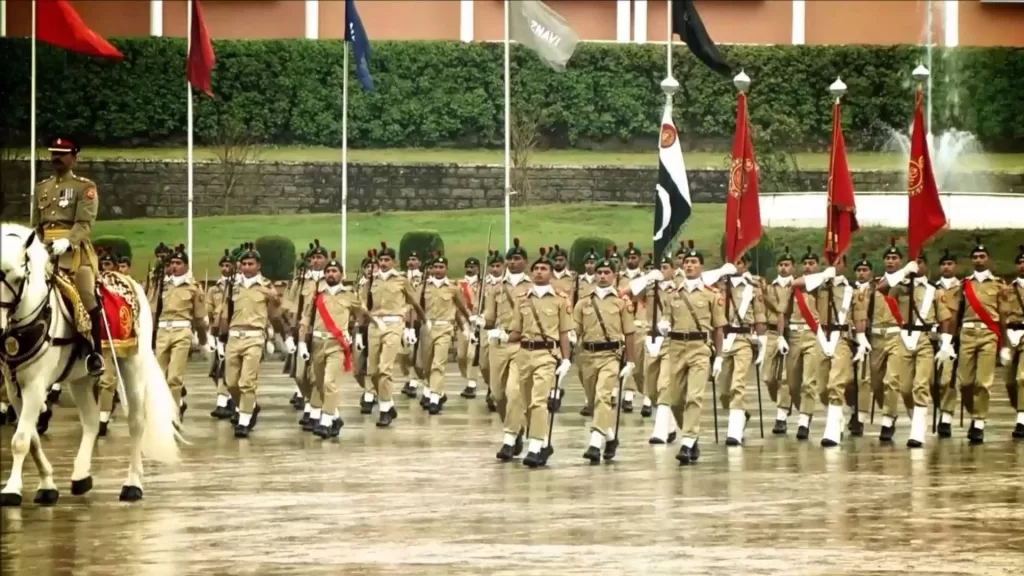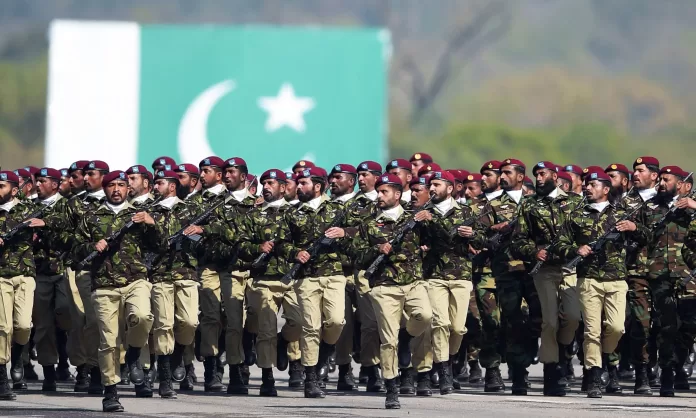There is nothing complicated about being a soldier. You serve your country with a simple-minded purpose, to die for your country if so required. No other profession in the world can equal the commitment of the soldier to his (or her) call of duty, the acceptance that your life is forfeit to the nation when the nation calls for it.
Whether you are an ordinary sepoy or an officer in any of the fighting arms, infantry, armour, artillery and, one daresay, engineers, you awaken with the morning reveille, and land on the parade ground, whether to do Physical Training (PT) or drill depends upon the schedule. The first sense you get, even as the rising of the sun heralds the dawn is one of camaraderie, up and down the ranks.
As you go through the individual paces of PT or drill, the sweat and strain does not matter; what matters is that you should not stand out as someone who could not cope. The fatigue that sets in is an individual challenge, the mass formation compromising individuals meets it single-mindedly as one unit. A group without discipline is called a mob, acting on command as a one entity differentiates an army from a mob.
The after-breakfast routine is to return most days to the parade ground, to learn the implementation of the facets of soldiering and to do practical training in its many disciplines. The basic infantry soldier would be familiarised with his constant companion, the basic weapon, till it becomes an extension of your own body. You learn to strip and assemble it, with speed, till you can do it blindfolded. The reason for this is simple, when you are in the battlefield, under fire during day or night, this is not a luxury but a dire necessity. You do not want your weapon to jam during combat, and if it does jam, your life depends upon how soon you clear the gun of the obstruction.
Other than learning all the small arms in the inventory, the time during the training period is spent learning and honing other skills, in some you must specialise, in others you must have working knowledge. All arms must know how to read a map and use the compass. For the infantry the additional knowledge must include (1) signals platoon, in which one learns communications, how to use the radio sets and how to converse with each other, (2) mortar platoon, both the smaller version, 60 mm (or equivalent) with the company, and the 81mm (or equivalent) at the mortar platoon level (3) engineers platoon, how to handle explosives of all kind and to improvise to overcome obstacles, and (4) how to handle weapons like recoilless rifles and heavy machineguns. For infantry, armour, artillery and engineer units it would also include the tools of their trade, tanks, heavy guns, explosives and bridges. And when one has begun to have a fair idea of all this, one has to learn how to employ them in the field.
Once the men are off the parade ground, on or about midday, the officers go to the offices to cope with the administrative matters pertaining to the men under their command. Invariably this period until lunch is also used many times a week for further officer training, not only about one’s profession but also to build awareness of the situation within the country and the world. Maybe two (or even three) times a week the officers of each company will go and check the food in the cookhouse, it is important to ensure the correct quantity and quality of meals being given to the men.
Good Commanding Officer (COs) like to call in the young officers at least two-three times a week to check on the progress of their military education and training. Good young ensure that the COs do not call them in for “dressing down” because of acts of omission or commission on their part.

During summers, there is the luxury of an afternoon nap after lunch, and than back to the sports ground. This “afternoon nap” does not happen during winters. Games are an important part of military training, you build up teamwork, team spirit and camaraderie on the playing field.
Good units treat dinner as an occasion where the bachelors have a chance to interact with each other, usually joined by a senior married officer on rotation at least once a week. This is necessary “bonding” that builds up trust and friendship, it is by itself a learning process for young officers. The after-dinner routine is to unwind, take a walk, and mentally prepare oneself for the next day. Decisions or opinions one has taken during the day or will make next day can be discussed frankly with one’s fellow officers. This helps in sorting out the doubts in one’s mind and make positive changes, if and when necessary.
Many qualities come on display, particularly the negative ones such as selfishness, lack of cooperation, hesitation, etc, positive qualities of leadership, courage, dedication, etc also come out for all to see. Sports is a most important ingredient for all those in uniform in building up character as well as making assessment of individuals. The British used to say that “the battles in Europe are won or lost on the playing fields of Eton and Harrow.” Consider the games session as “a battlefield without weapons.”
Good units treat dinner as an occasion where the bachelors have a chance to interact with each other, usually joined by a senior married officer on rotation at least once a week. This is necessary “bonding” that builds up trust and friendship, it is by itself a learning process for young officers. The after-dinner routine is to unwind, take a walk, and mentally prepare oneself for the next day. Decisions or opinions one has taken during the day or will make next day can be discussed frankly with one’s fellow officers. This helps in sorting out the doubts in one’s mind and make positive changes, if and when necessary.
Given the rigours of the day and the fact of an early rising, one tends to sleep at 10, or soon after. Some do reading before going off to sleep. Many thoughts flow through one’s mind, most of it pertaining to family and profession. The tiredness of the day creeps into your body, and permeates your soul. The enormity of wearing the uniform of your country is not lost on you as you drop off into a deep slumber. The last conscious thoughts of any good soldier is to thank God for the life he is privileged to lead, for the country that he is privileged to be born in, for the privilege of being able to serve it, and maybe one day, the privilege to die for it.
(This article was previously published in the armed forces’ monthly magazine, “HILAL” and in “THE NEWS”).




